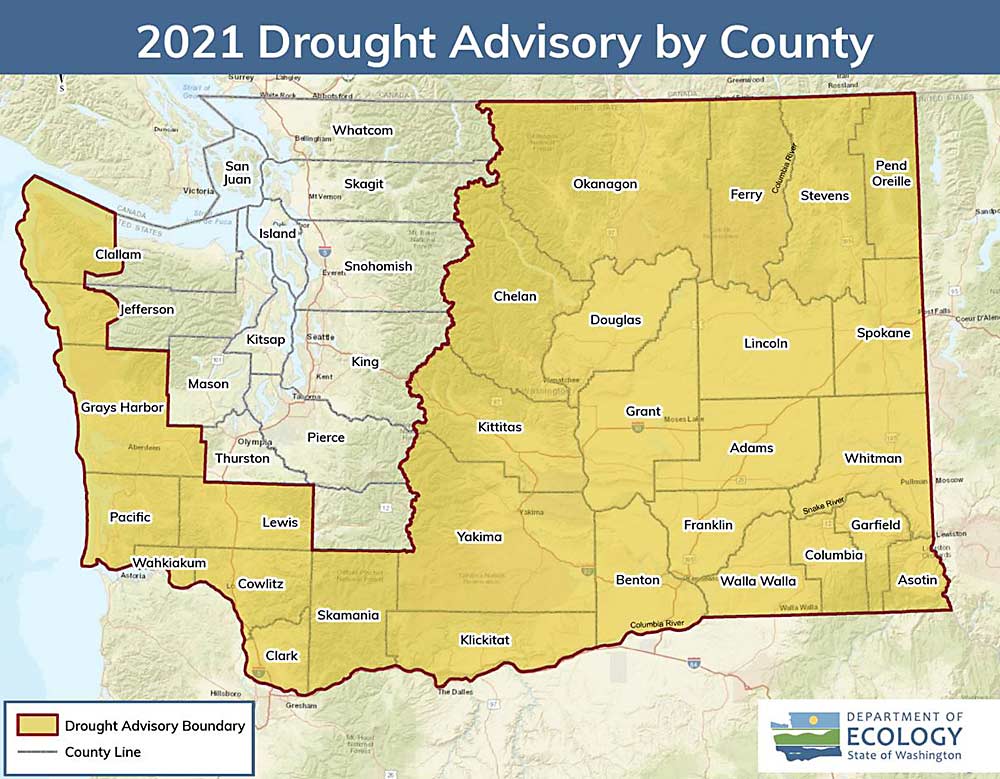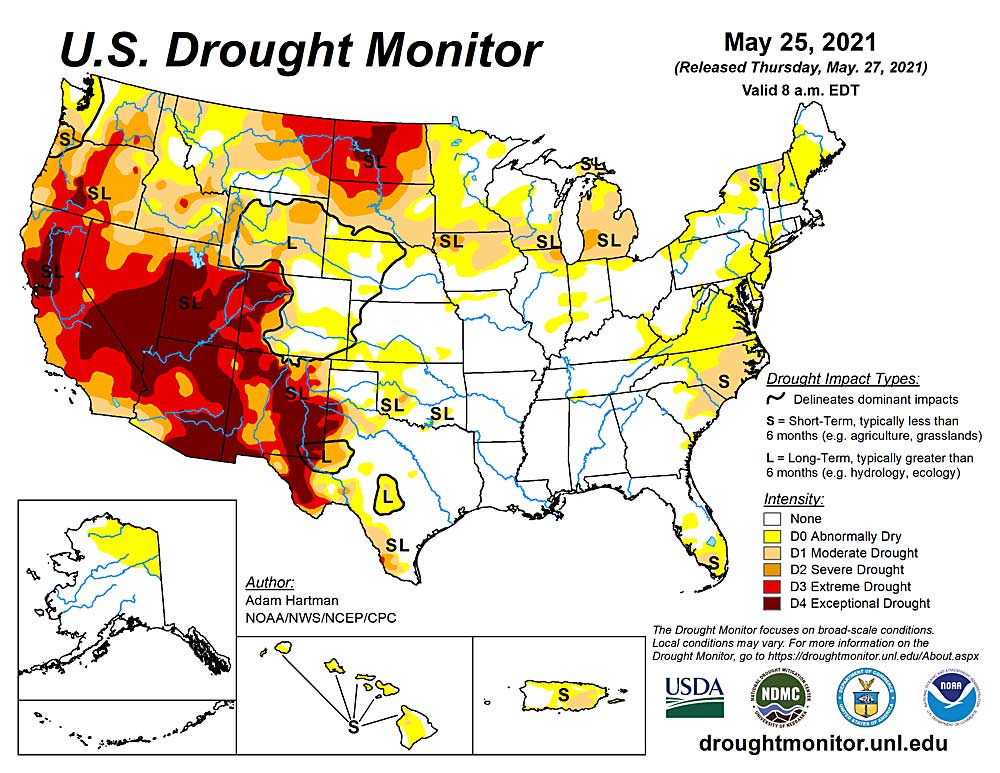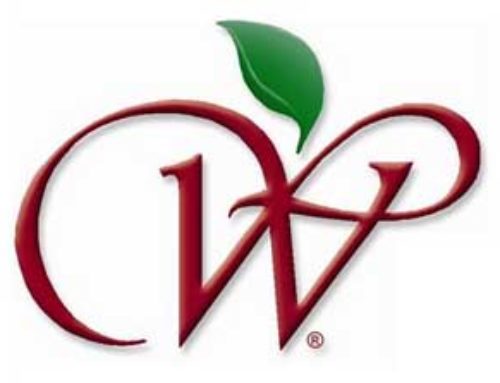
The state of Washington issued a drought advisory covering most of the state, following an unusually dry spring. Unlike a full drought declaration, which gives the state emergency response authority, the advisory is just a warning of developing drought conditions, according to a news release from the state Department of Ecology.
While most of the state’s orchards and vineyards rely on irrigation systems fed by the mountain snowpack — which was above average this year — springtime precipitation is critical for nonirrigated crop producers and rangelands. Drought conditions also raise the risk for wildfire season.
Most of the Western U.S. is facing extreme or exceptional drought conditions, according to the U.S. Drought Monitor, a climate mapping service run by the University of Nebraska-Lincoln, the U.S. Department of Agriculture and the National Oceanic and Atmospheric Administration.

Earlier this month, California expanded its drought declaration to 41 of the state’s 58 counties, after above-average spring temperatures followed a very light snow year. The declaration was welcomed by Central Valley farmers, some of whom expect to receive just 5 percent of requested water allocation, because it enables the state to invest in drought mitigation efforts, such as water transfers, along with conservation efforts.
Exceptional drought conditions stretch across Nevada, Utah, Arizona, Western Colorado and New Mexico, while Oregon, Idaho and Eastern Washington face a mix of extreme to moderate drought conditions. The upper Midwest is also unusually dry this year, including extreme drought in North Dakota and moderate to severe drought in Michigan.
—by Kate Prengaman






Leave A Comment